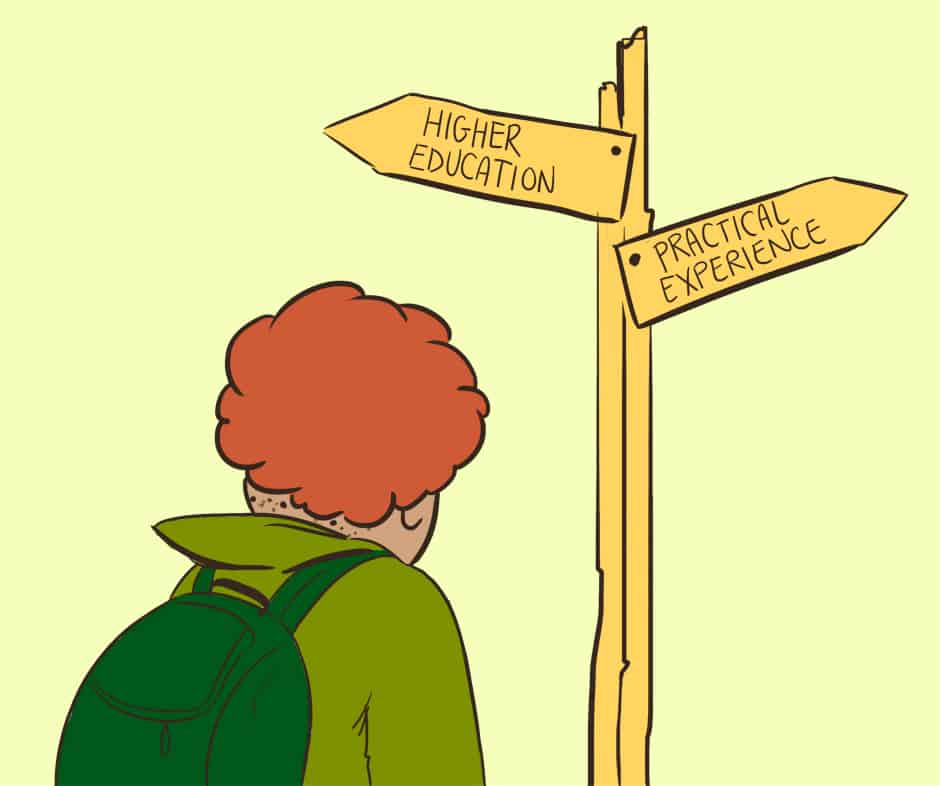Let me begin with an admission: I am a classics student. My father is a historian, and it is with great concern that I have watched the recent decline of the liberal arts in post-secondary education.
Education used to be the prerogative of a very small subset of society. In antiquity, wealthy Romans would study at Athens or Rhodes in preparation for a career in politics. The university structure traces its origins to the Middle Ages, when places of higher learning were usually funded by church benefices.
The great change occurred in the years following World War II when Western nations, especially the US, enjoyed years of unprecedented wealth production. Suddenly, the liberal education that had previously only been available to a small elite was now open to a larger segment of society.
We no longer live in that age. Today, the financial resources of ordinary families and governments are becoming increasingly strained. To the casual observer, universities have brushed off these constraints, yet below the surface, massive changes are taking place.
Today, higher education is considered an investment. Whereas the cost of education used to be weighed against the inherent value of the experience, students today are increasingly thinking like investors, calculating future financial returns from a potential investment. Of course if a university education is about maximizing return, why would anybody pursue a course of study that does not promise monetary benefit in the future? The fields that produce the best returns are the most practical, and bear the closest resemblance to job training.
Here then is the problem: elite universities with athletic centres and professional schools are not very good at providing efficient training to a modern citizenry struggling with stagnant wages and high unemployment. Sooner or later, prestige alone will no longer be sufficient to preserve the current higher-education model in North America.
In the future, many of society’s young people will be forced to seek out more affordable accreditation and job training. As in history, the liberal arts will go back to being the domain of those looking for education for its own sake, rather than as a prerequisite to gainful employment.
Classical studies and philosophy departments will continue to exist, but the students they cater to will inevitably change. Those who choose to study the humanities out of a love of knowledge will have to hope that the value of their degrees will gradually increase as the rest of their cohort dive into more practical training.
In an article for The Globe Advisor, Todd Hirsch points out 10 skills students should be trying to cultivate for economic success. Unsurprisingly, almost all of his advice relates to students of the arts. We live in a tumultuous time where historically reliable pillars of industry are falling. Only a few years ago, law school was regarded as a sure path to future wealth. Now, graduates are mired in debt and unemployment.
This will only further the unfortunate direction of our economy — a small educated elite with unlimited possibilities and most of society cheaply trained for specialized tasks. If we are to avert this course, governments across the world must act fast to reduce economic inequality.
The problem of course is that students cannot afford to major in the arts. In a wealthy modern society, education in the liberal arts cannot and should not be a priviledge reserved for the one per cent. The sooner we transition into an economic environment that favours critical thinking and logic along with practical skills, the sooner our current predicament will stabilize. In the short term this will require more money for declining fields; in the long term it is the only thing that can keep our society from being divided.
Jeffrey Schulman is a second-year student at Trinity College studying classics.


